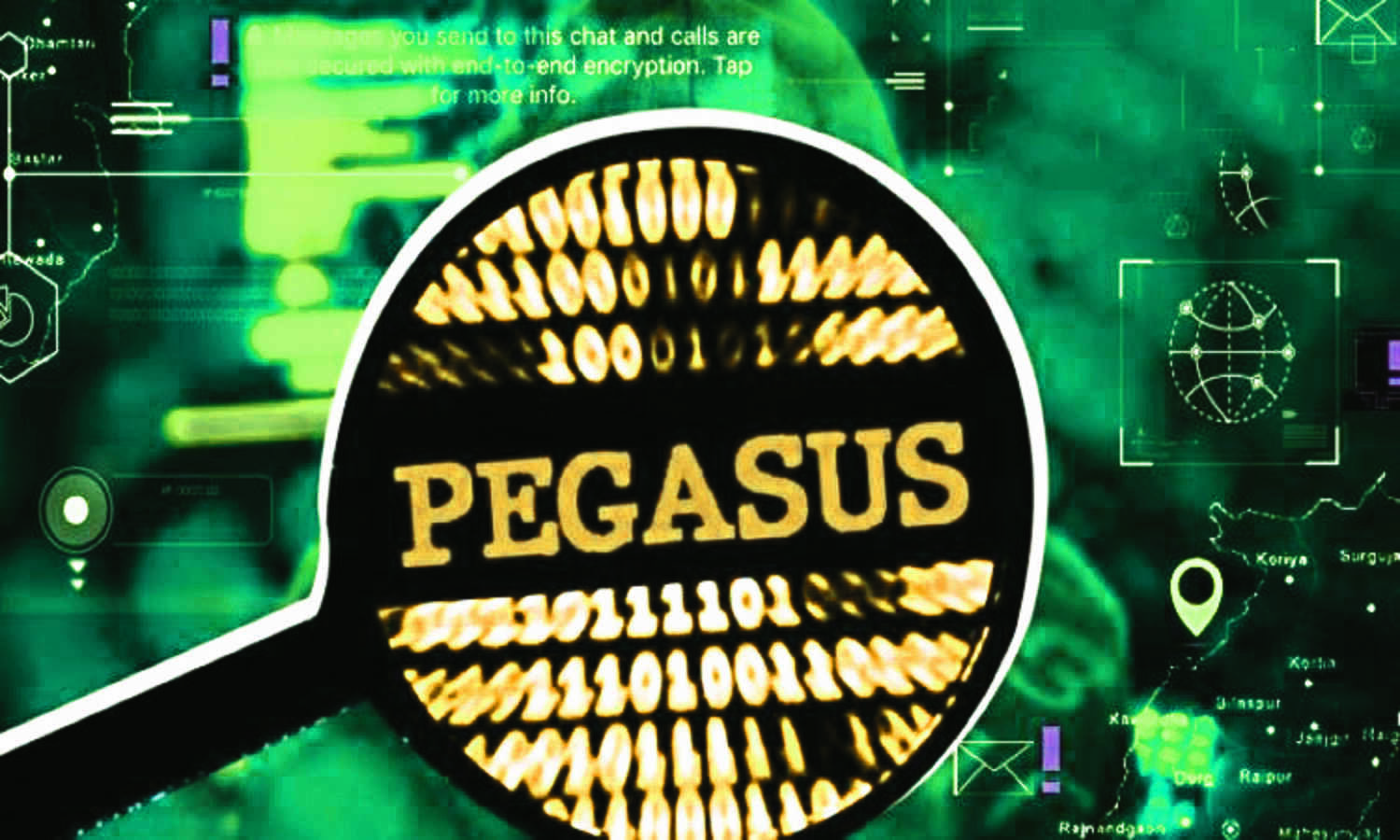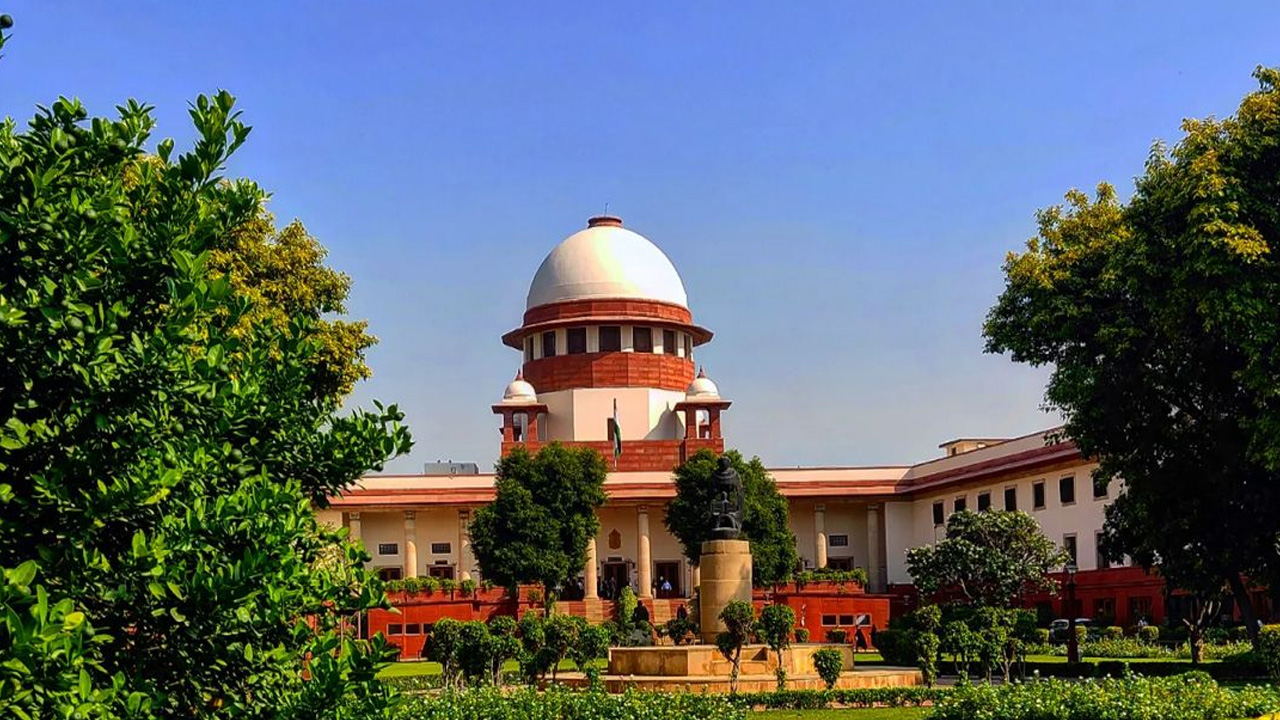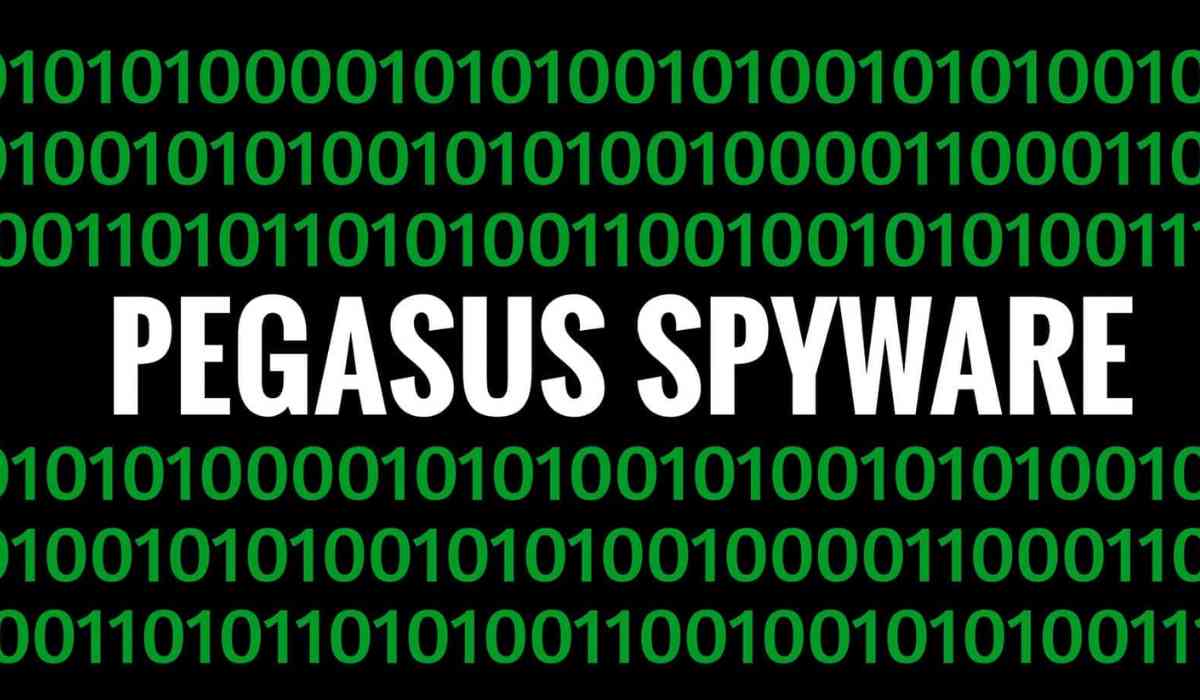The Supreme Court of India recently addressed a series of petitions concerning the alleged use of the Pegasus spyware by the central government. The debate, which rekindled public attention after recent terrorist activity in Pahalgam, revolves around the permissible limits of state surveillance in the interest of national security and the constitutional right to privacy.

Supreme Court: Use of Spyware Not Inherently Wrong
A two-judge bench comprising Justice Surya Kant and Justice N Kotiswar Singh emphasized that deploying spyware like Pegasus is not inherently unlawful, particularly if it is used to target threats such as terrorism.
“What’s wrong if the country uses the spyware? What’s wrong if it is used against terrorists? We can’t sacrifice national security,” said Justice Surya Kant during the hearing.
The Court firmly maintained that the real issue is not the use of spyware itself, but who it is used against. If the spyware is used against members of civil society, activists, or journalists without justification, it could raise serious constitutional concerns.
Reference to Pahalgam Attack
The court also made a passing but significant reference to the recent Pahalgam terror attack, where 25 tourists and a local pony ride operator were killed. Though not directly linked to the Pegasus case, the reference was made to underscore the heightened threat environment India currently faces, further justifying the need for robust surveillance tools.
“The kind of situation we are facing now, we have to be careful,” Justice Kant stated, stressing caution in matters concerning national security.
SC on Technical Committee Report: Individual Privacy vs. National Security
One of the key demands of the petitioners was that the findings of the Supreme Court’s technical committee, which investigated the Pegasus allegations, be made public. However, the bench rejected calls and ruled that any content related to national security and sovereignty cannot be disclosed, although individuals who suspect they were targeted can approach the Court for clarification.
“Any report which touches the security and sovereignty of the country will not be touched. But individuals who want to know whether they are included can be informed. Individual concerns about privacy may be addressed, but the report cannot be made a document for discussion on the streets,” said Justice Surya Kant.
The Supreme Court has scheduled the next hearing for July 30 and will examine how much of the report may be shared with concerned individuals without compromising national interests.

Government's Stand: No Violation, No Cooperation
Solicitor General Tushar Mehta, representing the Centre, defended the use of spyware in the interest of national security. He stated:
“What’s wrong in using it against the terrorists? They cannot have a right to privacy.”
However, both the technical and oversight committees appointed by the Supreme Court reported that the government did not cooperate in the investigation.
What the Petitioners Say
Petitioners, including Senior Advocates Shyam Divan and Kapil Sibal, urged the Court to:
-
Publicly release the technical committee’s report.
-
Conduct an independent inquiry, preferably led by a sitting or retired Supreme Court judge.
-
Recognize the usage of military-grade spyware like Pegasus as a violation of the fundamental right to privacy, protected under Articles 14, 19, and 21 of the Indian Constitution.
Sibal also referenced a U.S. District Court judgment where WhatsApp confirmed the spyware breach, which held the Pegasus-maker, NSO Group, liable for the surveillance of around 1,400 devices, asking the court to consider international legal precedents.
What Is the Pegasus Spyware Row?
The Pegasus controversy erupted in 2021 when a consortium of 17 international media organizations reported that over 50,000 phone numbers globally—including more than 300 verified Indian mobile numbers—were potential targets of surveillance. The spyware, developed by Israeli cyber-arms firm NSO Group, was allegedly used to snoop on high-profile Indian figures, including:
-
Congress leader Rahul Gandhi
-
Former Election Commissioner Ashok Lavasa
-
Trinamool Congress leader Abhishek Banerjee
-
Multiple journalists, social activists, and government critics
The government's response denied these claims, stating there was "no concrete basis of truth" and that any surveillance is conducted strictly as per due legal process.
Committee Findings: No Proof of Pegasus, But Malware Found
In response to the public outcry, the Supreme Court formed both a technical committee and an oversight committee to investigate the allegations. The key findings from their investigation include:
-
Pegasus spyware was not conclusively detected on any of the 29 mobile phones examined.
-
However, malware was found on five of those devices.
-
The committees noted a lack of cooperation from the Government of India during the probe.
The oversight committee concluded that no clear evidence of Pegasus was found, but the presence of malware raised significant concerns about digital safety and privacy.
Striking a Balance Between Privacy and Security
The petitioners argue that targeted surveillance using military-grade spyware violates the right to privacy, which has been upheld as a fundamental right under Articles 14, 19, and 21 of the Indian Constitution by the Supreme Court. They maintain that even national security concerns cannot override constitutional protections without due process.
As the case progresses, the balance between state surveillance for national security and citizen privacy rights remains at the heart of the debate.
With inputs from agencies
Image Source: Multiple agencies
© Copyright 2025. All Rights Reserved Powered by Vygr Media.























